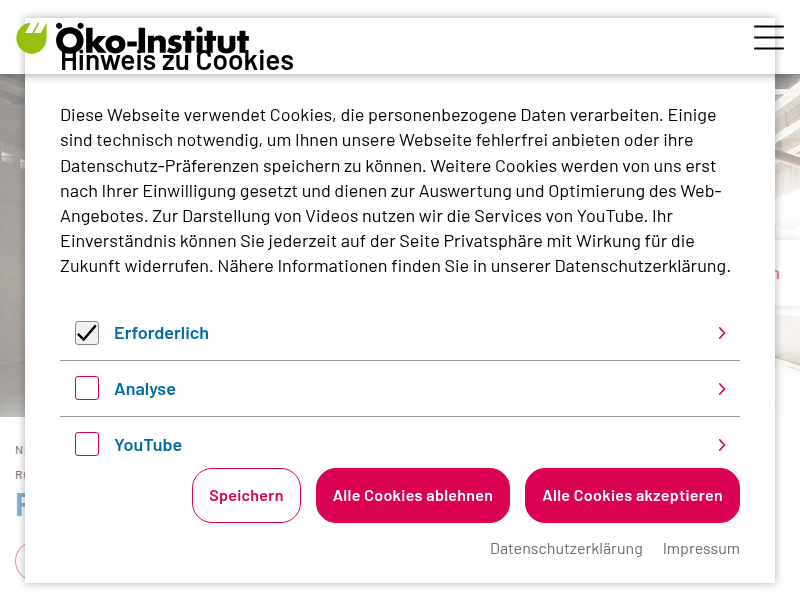Whole System Approach: Anpassung der Anreizregulierung zur Verbesserung der Gesamtsystemoptimierung | oeko.de https://www.oeko.de/projekte/detail/whole-system-approach-anpassung-der-anreizregulierung-zur-verbesserung-der-gesamtsystemoptimierung/
48 TSO Coordination and Strategic Behaviour: A Game Theoretical and Simulation Model

